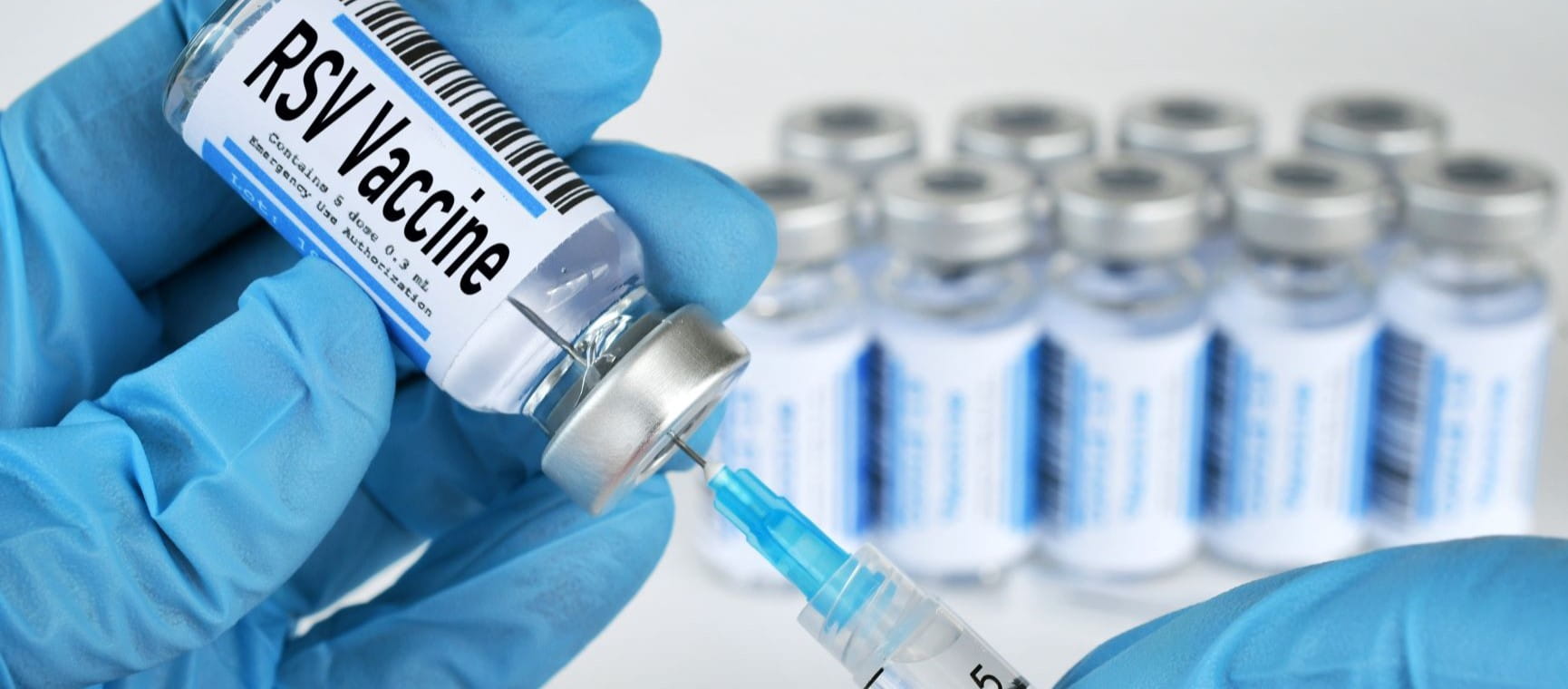

Prostate cancer is the most common cancer in men in the UK and more than half a million are living with it or after it. It's back in the headlines again after former US president Joe Biden was diagnosed with an aggressive form of the disease that has spread to his bones.
Early detection is key as almost everyone who’s diagnosed at stage one or two (when the cancer is contained within the prostate gland) will survive for five years or more.
Six-time Olympic cycling champion Sir Chris Hoy had no symptoms when he was diagnosed with stage four prostate cancer last year and he is calling on more men to take a simple 30 second test to check their risk - and potentially save their lives.
Prostate cancer is normally measured and described in stages or grades.
The TNM system is a way of staging prostate cancer. It stands for Tumour, Node, Metastasis. Staging describes the size of the cancer and how far it has grown.
The stage describes how much cancer there is and how far it has spread. It goes from stage one where the cancer has not spread outside the prostate gland to stage four where the cancer has spread to other parts of the body.
The Gleason score, or Grade Group, refers to how samples of the cancer cells look when compared to normal prostate cells.
The pathologist grades each sample of prostate cancer cells based on how quickly they are likely to grow or how aggressive the cells look.
Joe Biden has a Gleason score of 9 (Grade Group 5) which means his cancer is 'high grade' and the cells could spread quickly.
Staging and grading of cancer is important for deciding how to treat the disease and for determining how curable it is.

One in eight men will get it: over-50s are most affected and your risk increases with age.
The cause is unknown and symptoms don’t usually appear until the prostate becomes enlarged and affects the tube that carries urine from the penis (urethra) or the cancer has spread outside of the prostate.
Anyone with a prostate could get it, including trans women and non-binary people who were assigned male at birth and some intersex people.
Factors such as family history could put you at a higher risk, particularly if your father or brother had prostate cancer or your mother or sister had breast cancer.
Ethnicity affects your risk too – it’s more common in Black men compared with other ethnic backgrounds (one in four Black men will be diagnosed with prostate cancer in their lifetime). The reason why is not yet known.
(Source Prostate Cancer UK)
Got a spare moment? Take Prostate Cancer UK's quick and easy online risk checker.”

One in eight men will get it: over-50s are most affected and your risk increases with age.
The cause is unknown and symptoms don’t usually appear until the prostate becomes enlarged and affects the tube that carries urine from the penis (urethra) or the cancer has spread outside of the prostate.
Anyone with a prostate could get it, including trans women and non-binary people who were assigned male at birth and some intersex people.
Factors such as family history could put you at a higher risk, particularly if your father or brother had prostate cancer or your mother or sister had breast cancer.
Ethnicity affects your risk too – it’s more common in Black men compared with other ethnic backgrounds (one in four Black men will be diagnosed with prostate cancer in their lifetime). The reason why is not yet known.
Got a spare moment? Take Prostate Cancer UK's quick and easy online risk checker.”.
Amy Rylance, head of improving care at Prostate Cancer UK, said: “Prostate cancer often has no symptoms in its early, more treatable stages – so a man could feel fit and well while unknowingly living with the disease."
“That’s why it’s so important to understand your level of risk, which is higher for all men over 50. If you’re Black, or your dad or brother had the disease, the risk is even greater, so we strongly recommend you speak to your GP from the age of 45.
"Some prostate cancers grow slowly and you might not notice symptoms for many years, so it’s important to know if you’re at risk and what you can choose to do about it.”
Whilst you should not watch and wait for symptoms before discussing your prostate cancer risk with your GP, if you do experience any of the following it is best to contact your GP immediately.
If you do have any of the symptoms listed, or something doesn’t feel quite right, it’s important to see your GP to rule out anything serious.
This can be done with a PSA (prostate-specific antigen) blood test or an examination.
Because early stage prostate cancer doesn’t often show any symptoms, it’s important to be aware of your risk.
Awareness of the disease has been increased most recently by Sir Chris Hoy and by celebrities including Stephen Fry, Sir Ian McKellen and Nile Rodgers, talking openly about being diagnosed.
In the week following much-loved TV presenter Bill Turnbull’s death from the disease in August 2022, Prostate Cancer UK saw a 2,500% increase in people using the risk checker, and the charity noticed the “Fry-Turnbull” effect causing a similar spike in referrals.
Then when it was announced in 2024 that King Charles was undergoing a procedure for an enlarged prostate, the NHS said searches soared - with its website receiving 11 times the normal daily visits.

Because early stage prostate cancer doesn’t often show any symptoms, it’s important to be aware of your risk.
Awareness of the disease has been increased most recently by Sir Chris Hoy and by celebrities including Stephen Fry, Sir Ian McKellen and Nile Rodgers, talking openly about being diagnosed.
In the week following much-loved TV presenter Bill Turnbull’s death from the disease in August 2022, Prostate Cancer UK saw a 2,500% increase in people using the risk checker, and the charity noticed the “Fry-Turnbull” effect causing a similar spike in referrals.
Then when it was announced in 2024 that King Charles was undergoing a procedure for an enlarged prostate, the NHS said searches soared - with its website receiving 11 times the normal daily visits.
Prostate cancer is not a “lifestyle cancer” (e.g lung cancer is connected with the lifestyle choice of smoking),and no one knows right now how to prevent it.
However Prostate Cancer UK suggests that a healthy diet and regular exercise are important for health, and might help lower your risk of being diagnosed with advanced or aggressive prostate cancer.
Measures that could help include

Prostate cancer is not a “lifestyle cancer” (e.g lung cancer is connected with the lifestyle choice of smoking),and no one knows right now how to prevent it.
However Prostate Cancer UK suggests that a healthy diet and regular exercise are important for health, and might help lower your risk of being diagnosed with advanced or aggressive prostate cancer.
Measures that could help include
If you are concerned contact Prostate Cancer UK's specialist nurses in confidence on 0800 074 8383 or online via the Live Chat instant messaging service on the website.
Phillipa Cherryson is senior digital editor for Saga Magazine. Phillipa has been a journalist for 30 years, writing for national newspapers, magazines and reporting onscreen for ITV. In her spare time she loves the outdoors and is an Ordnance Survey Champion and trainee mountain leader.
View author page

Facial weakness, a sudden headache and dizziness can all be signs of a stroke, we've got the facts from an expert.

Knee pain is more common as we age: to help we've got the best advice from 3 leading experts with easy ways to make a difference.

Do you know the symptoms of a heart attack? Here’s what to look out for, and how to prevent one.

Front, back or side? Which sleeping position is best for you as you get older, and which ones you should avoid


